Opposition leader Raila Odinga has stormed the Supreme Court with a bold demand: throw out a petition seeking to bring the next General Election forward by a full year — from August 2027 to August 2026.
Odinga, through his legal counsel Paul Mwangi, slammed the petition as a blatant abuse of the judiciary, warning that the country’s top court lacks the jurisdiction to even entertain such a demand at this stage.
“This case is not just premature — it’s recycled. The courts have already ruled on this issue,” Mwangi declared, referencing past legal battles involving high-profile figures like Okiya Omtatah, Paul Njoroge Ben, and John Harun Mwau.
The high-stakes petition, filed by lawyer Dr. Owiso Owiso, activist Khelef Khalifa, and legal advocate Ashioya Biko, has ignited fierce debate. The trio wants the Supreme Court to declare that the next presidential election must happen in August 2026 — exactly five years after Kenyans last went to the polls.

They argue that delaying the vote to 2027 would unlawfully stretch President William Ruto’s term beyond the constitutional limit, potentially triggering a crisis of legitimacy.
But Odinga is not buying it.
In a scathing rebuke, he accused the petitioners of dragging the country into dangerous territory. “The matter is closed. The Court of Appeal already settled it — the second Tuesday of August, every fifth year, is the lawful date,” Mwangi emphasized, citing Article 38 of the Constitution which safeguards political rights.
However, the legal battlefield is far from one-sided.
Enter Jimi Wanjigi.
The controversial businessman and political firebrand has thrown his weight behind the petition, urging the Supreme Court to act fast before chaos erupts. Through his lawyer Willis Otieno, Wanjigi warned of “widespread confusion and dangerous uncertainty” about the next election’s timing.
“This is not just legalese. It’s a matter of national stability,” Otieno asserted. “The lack of clarity risks paralyzing critical electoral processes — from voter registration to candidate nominations and campaign planning. Millions of Kenyans are watching.”
Wanjigi insists the issue is urgent and squarely within the Supreme Court’s purview. He argues that only a firm ruling from the apex court can close the constitutional gap created by conflicting interpretations of Article 136(2)(a).
Meanwhile, Deputy Registrar Bernard Kasavuli has given Attorney-General Dorcas Oduor until Monday to respond, setting the stage for a full hearing that could redefine Kenya’s political future.
As the country watches with bated breath, one thing is clear — the battle over Kenya’s next election date has just erupted into a constitutional showdown of seismic proportions.

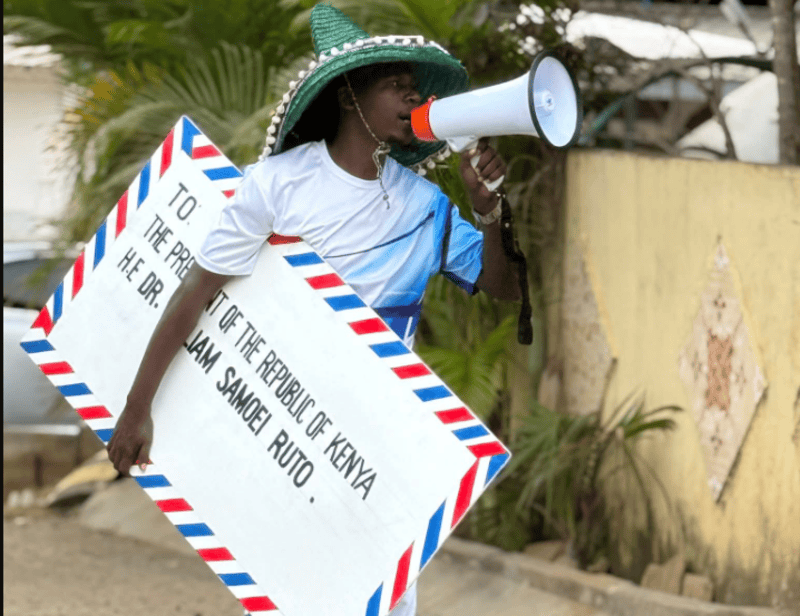
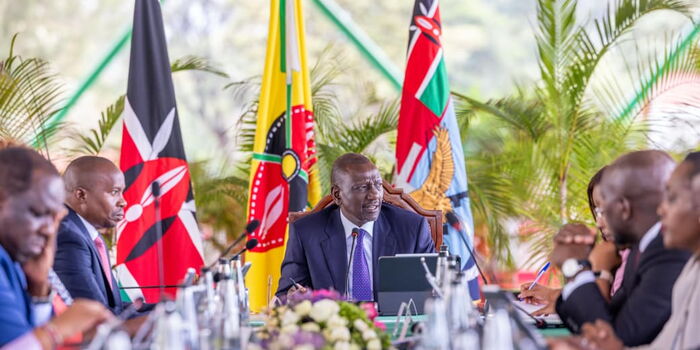

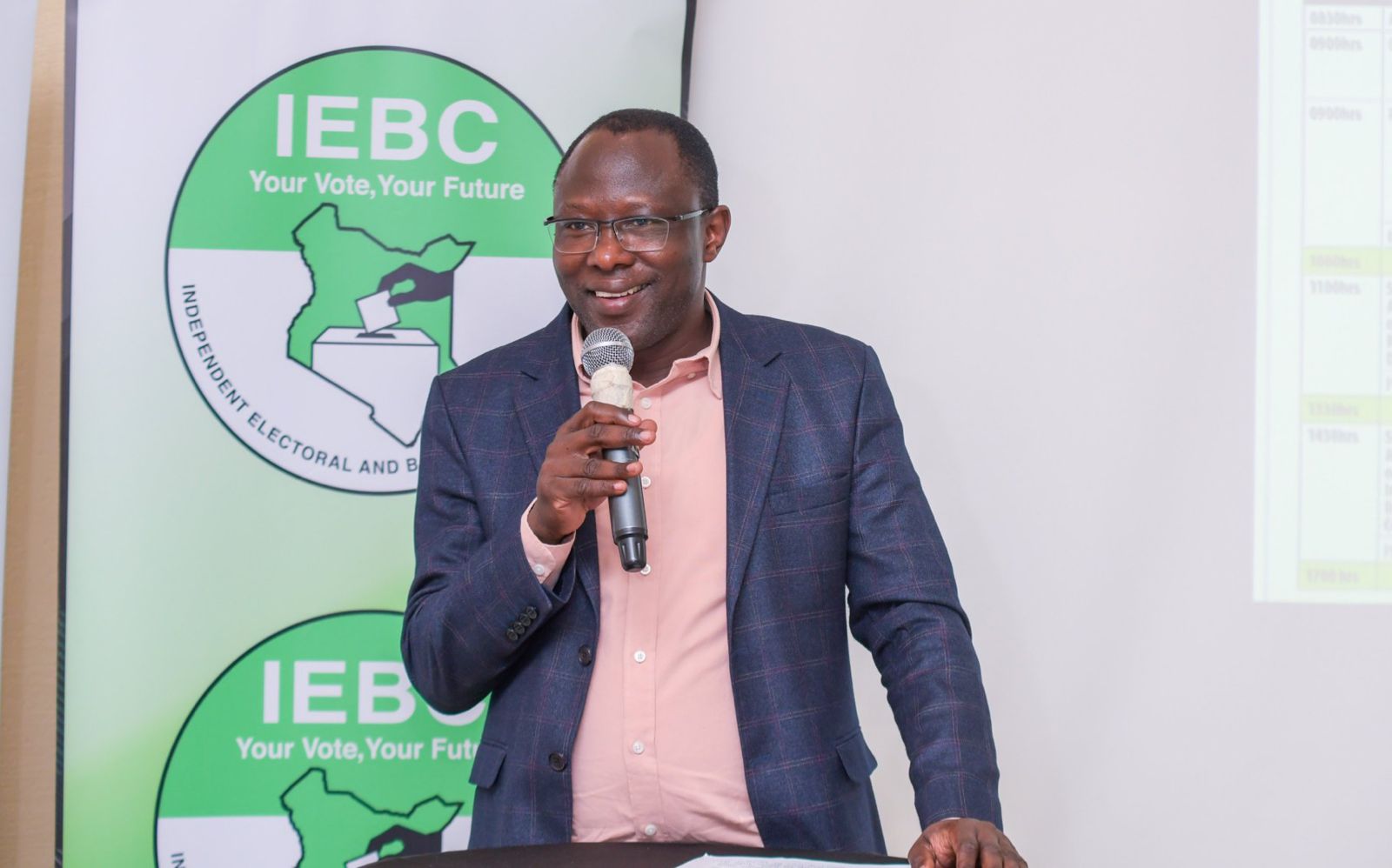
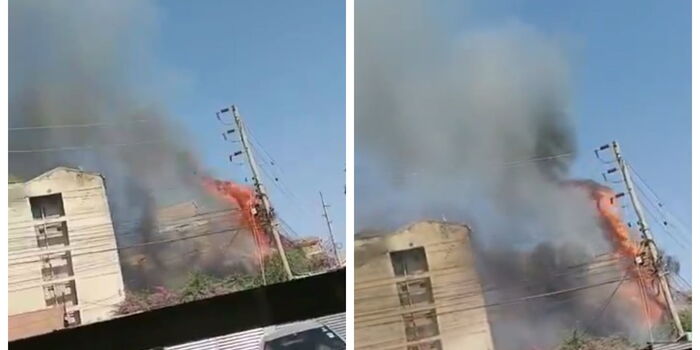
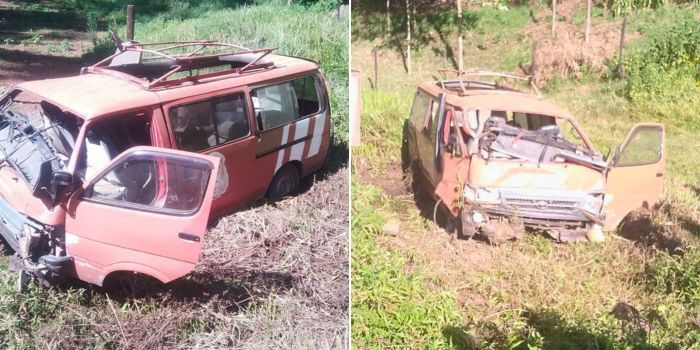
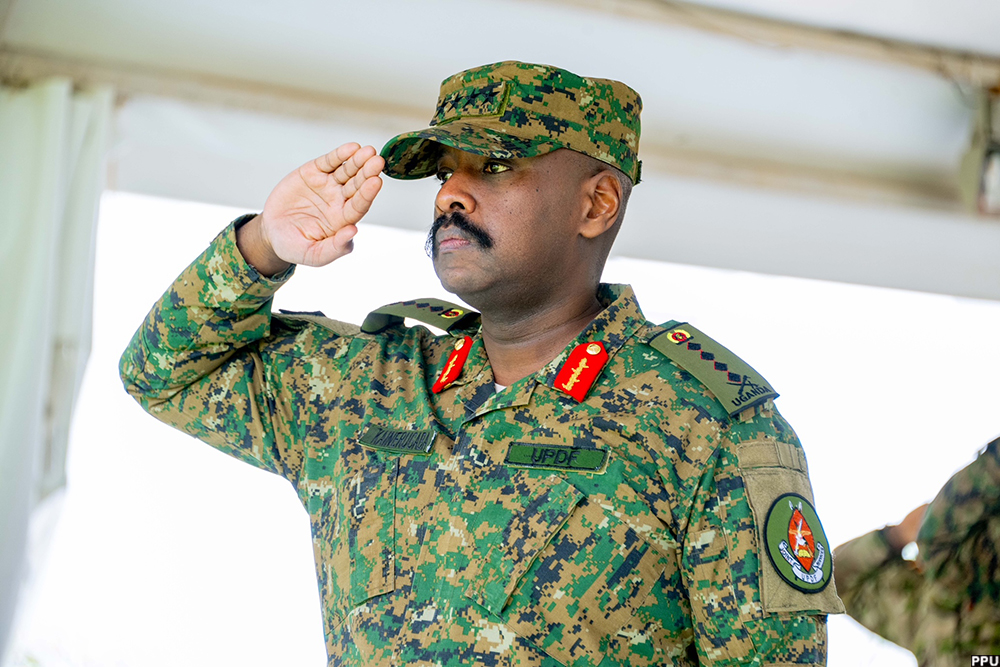
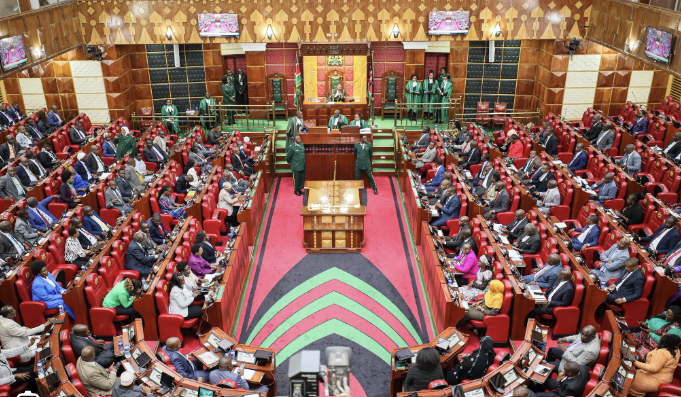
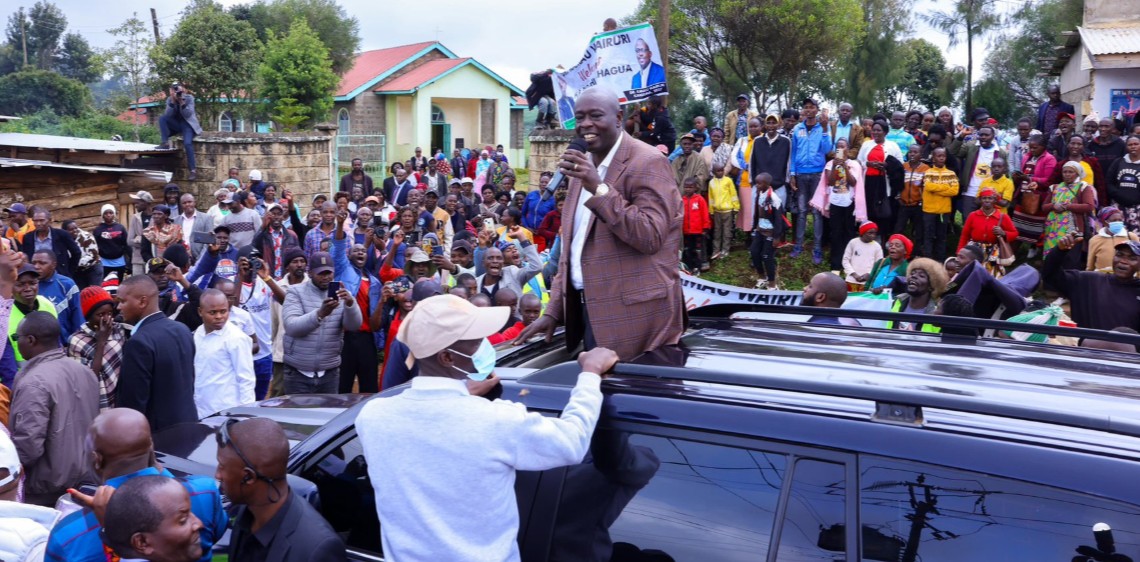

Leave a Reply